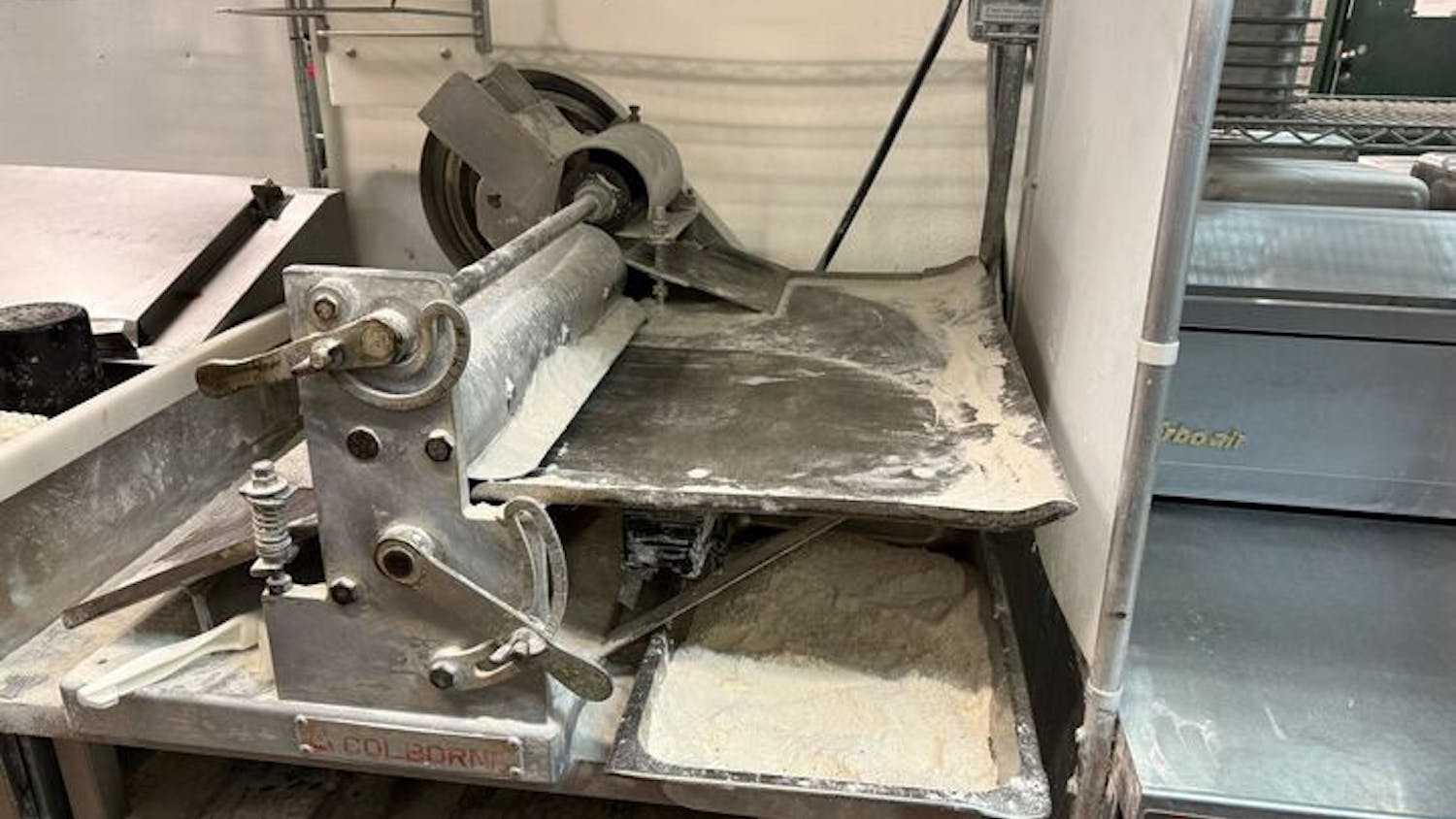University of Wisconsin-Madison sophomore Amber Cypcar works four days each week at Gordon Commons and nearly 40 hours a week at Buffalo Wild Wings in her hometown during semester breaks. But instead of spending her money on State Street shopping sprees or eating at expensive restaurants, she saves money to pay for her entire college education.
“When I turned 18, my parents almost completely cut me off,” Cypcar said. “They would support me and everything, but they just can’t help me financially. I pay for books, I pay for food. They’ll give me a couple dollars here and there, but they can’t do that too often.”
Students like Cypcar who pay for their college education are facing financial pressure as public universities across the country increase tuition.
Forced to manage several years of state funding cuts and rising operating expenses, the University of Wisconsin System Board of Regents has voted to increase tuition every year since 2000.
Students at UW-Madison who were freshmen during the 2009-’10 academic year are paying 17 percent more in inflation-adjusted tuition this year than when they started their college careers, according to changes in tuition data from the UW-Madison Data Digest.
Katherine Pointer, the only student on the Board of Regents, voted in support of the 5.5 percent tuition increase for this academic year.
The increase, which raised UW-Madison tuition beyond $10,000 for the first time, passed on a 17-1 vote.
Pointer said the Regents had a “bleak alternative” if they did not increase tuition to offset state budget cuts, which could have led to the UW System universities eliminating courses, sections and professor positions.
“I’m not just voting this increase on my counterparts, I’m voting this increase on myself,” Pointer said. “If I’m going to be paying for an education through a good system at UW-Madison, I want to make sure that it’s at the same caliber and that I’m getting my money’s worth.”
The UW system experienced a $250 million budget cut and $65.7 million additional lapse for the 2011-’13 biennial budget cycle. These cuts come after the system received another $250 million cut during the 2009-’11 budget cycle.
Vice Chancellor Darrell Bazzell said because of these large cuts, UW-Madison needs to raise tuition to maintain its prominence.
“At times, students have been critical of folks in saying that you’re kind of letting the state off the hook,” Bazzell said. “Well it’s hard to let an entity off the hook that doesn’t feel it’s on the hook—it’s hard to have that conversation.”
But rising tuition costs are not unique to Wisconsin. The national average for tuition, room and board at public institutions increased by 42 percent between the 2000-’01 and 2010-’11 academic years, according to data from the U.S. Department of Education’s National Center for Education Statistics.
“We find ourselves in a situation where we have to deal with cuts every budget cycle,” Bazzell said.
Bazzell said the need for the state to meet increasing costs for health care and local governments and a nationwide trend of reducing statewide spending compete with funding higher education.
UW-Madison Applied Economics professor Andrew Reschovsky said state governments increased higher education spending cuts following the 2007 economic downturn.
“States are willing to cut higher education given that they don’t have a lot of money and there’s not the political willingness in most states to raise taxes,” Reschovsky said. “Universities have at least another source of revenue, and that’s tuition.”
As universities received less state funding, their operating costs for expenses such as employee health-care coverage or electricity increased.
UW System spokesperson David Giroux said decreases in state funding and increases in operating costs are causing fundamental changes in how public higher-education institutions support themselves.
“The state taxpayer support that really used to be core foundation of our financial operation is not keeping up with the cost of doing business,” Giroux said. “The balance is then falling on the shoulders of students.”
Since tuition increases cannot completely offset decreased state support and increased operating costs, the system ultimately passes what is left of the cuts down to UW System universities.
Bazzell said the UW System distributes cuts to each university proportional to the amount of state aid it receives, which universities distribute among their schools.
The schools then disperse the cuts to their departments, where department leaders make decisions about how to administer the cuts, which can result in fewer discussion sections or teaching assistants.
While Bazzell supports the recent tuition increases, he said the system cannot continue to offset decreases in state support solely with consistent annual increases in tuition and suggested supplementing tuition raises with more fundraising efforts.
“We’d like to be able to sit at the table with decision makers to have a thoughtful discussion about how we can maintain our preeminence in ways that don’t overburden students,” Bazzell said.
Pointer said while her first choice would have been to avoid a tuition increase, she felt an increase of some kind would be necessary after taking into account the cuts in state support during the past few years.
Even as she works to pay for her education, Cypcar said tuition increases might be necessary in order to maintain the quality of UW-Madison.
“I’m paying astronomical amounts of money now, but hopefully by putting it to my education and good use, I’ll be able to get all this money back in the future,” Cypcar said.
Still, Pointer said the board hopes to work on a more sustainable solution to closing budget gaps than continually raising tuition.
“We can’t be complacent with the fact that we’re going to just keep increasing tuition and putting the burden on students to pay for the university,” Pointer said. “Any type of big increase like that every year is completely unacceptable.”






